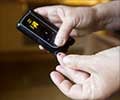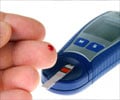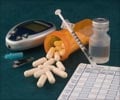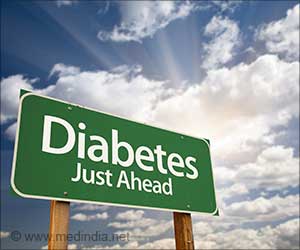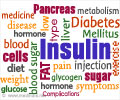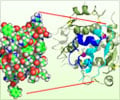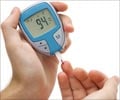Role of Insulin
Insulin is a key regulator of the body's metabolism. It is produced by the ‘islets of Langerhans’ of the pancreas. The beta cells produce insulin. Other hormone produced by pancreas is Glucagon, which has the exact opposite effect as insulin. Insulin is a polypeptide chain.
Insulin rises to its peak level within 10-minutes of food consumption. Insulin then enables glucose and amino acids to enter cells in the body, particularly muscle and liver cells. Here, insulin and other hormones direct whether these nutrients will be burned for energy or stored for future use.
(The brain and nervous system are not dependent on insulin; they regulate their glucose needs through other mechanisms.)
Insulin also checks the production of glucose by the liver. When insulin levels are high, the liver stops producing glucose and stores it in other forms until the body needs it again. As blood glucose levels reach their peak, the pancreas reduces the production of insulin. About two to four hours after a meal both blood glucose and insulin are at low levels, with insulin being slightly higher. The blood glucose levels are then referred to as fasting blood glucose concentrations.

